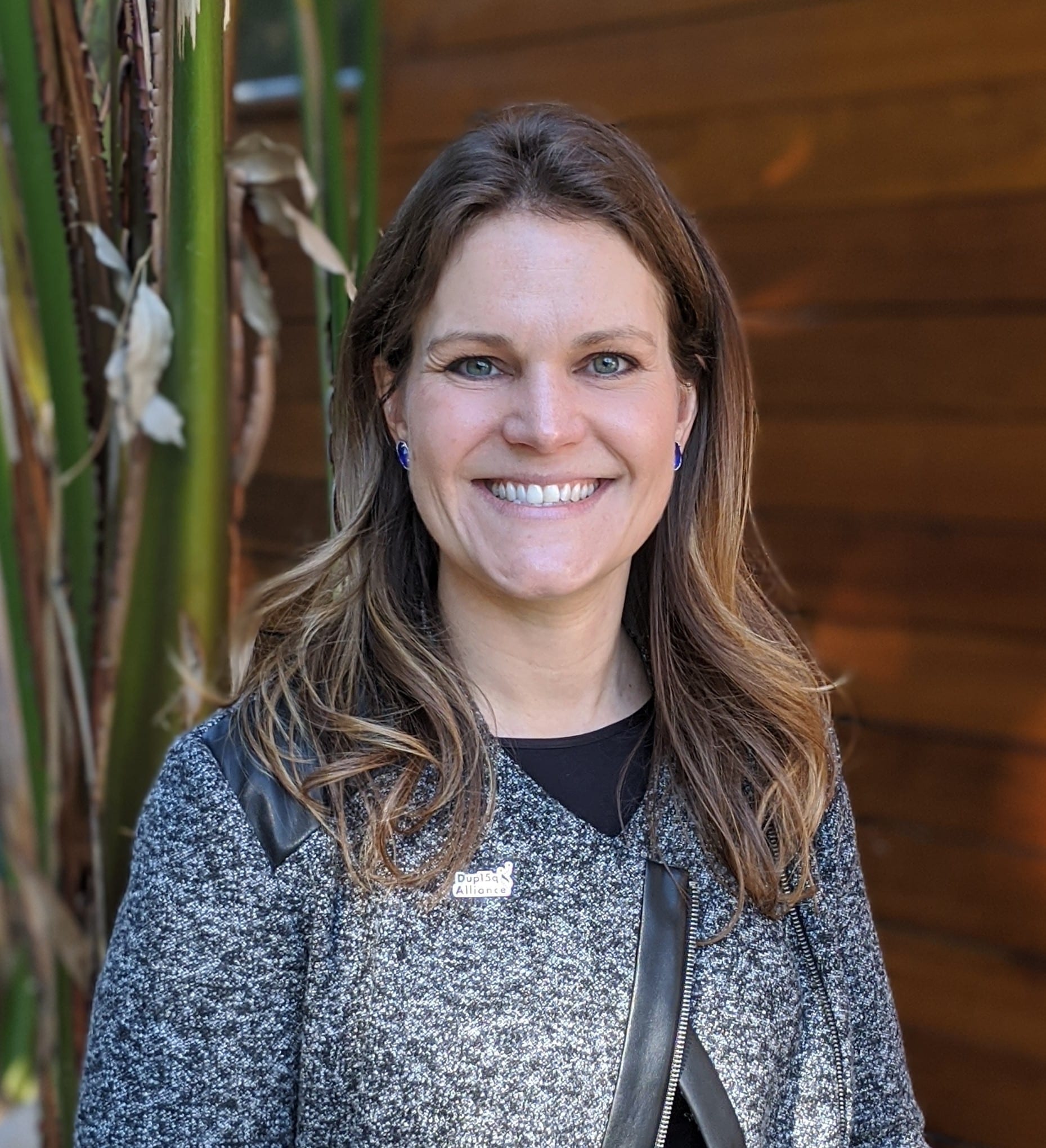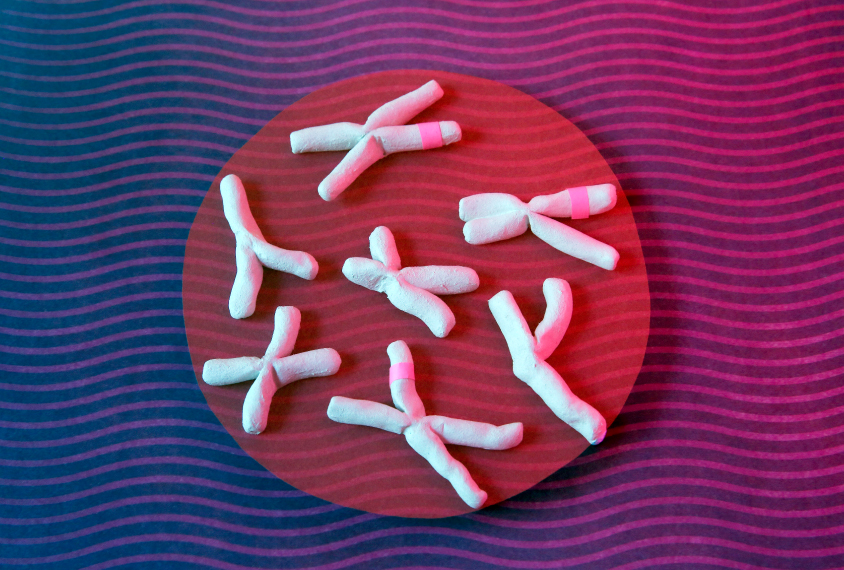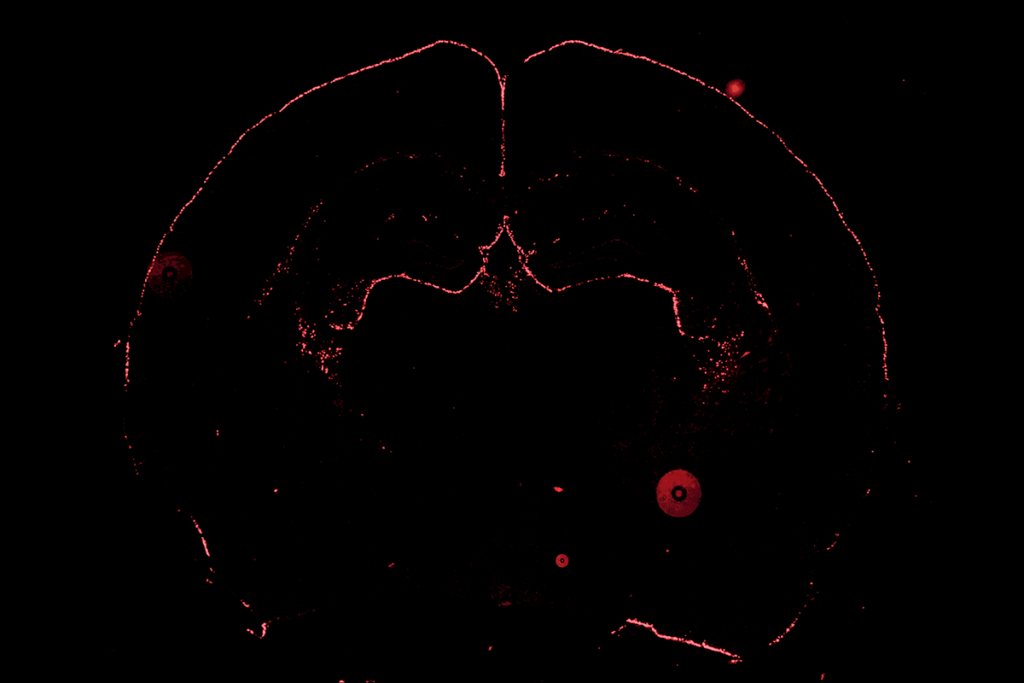Vanessa Vogel-Farley is co-founder of the Commission on Novel Technologies for Neurodevelopmental Copy Number Variants.

Vanessa Vogel-Farley
Co-founder
Commission on Novel Technologies for Neurodevelopmental Copy Number Variants
From this contributor
Lumping versus splitting with autism-linked variants: A conversation with Vanessa Vogel-Farley and Yssa DeWoody
Researchers have long studied subgroups of people who share genetic variants, but the newly formed ‘CNV Commission’ is also looking at people with shared traits across different neurodevelopmental conditions.

Lumping versus splitting with autism-linked variants: A conversation with Vanessa Vogel-Farley and Yssa DeWoody
Explore more from The Transmitter
Who funds your basic neuroscience research? Help The Transmitter compile a list of funding sources
We want to hear from you about the sources of funding for your research.
Who funds your basic neuroscience research? Help The Transmitter compile a list of funding sources
We want to hear from you about the sources of funding for your research.
The future of neuroscience research at U.S. minority-serving institutions is in danger
Cuts to federally funded programs present an existential crisis for the University of Puerto Rico’s rich neuroscience community and for research at minority-serving institutions everywhere.

The future of neuroscience research at U.S. minority-serving institutions is in danger
Cuts to federally funded programs present an existential crisis for the University of Puerto Rico’s rich neuroscience community and for research at minority-serving institutions everywhere.
Unexpected astrocyte gene flips image of brain’s ‘stalwart sentinels’
The genetic marker upends the accepted orientation of non-star-like astrocytes in the glia limitans superficialis.

Unexpected astrocyte gene flips image of brain’s ‘stalwart sentinels’
The genetic marker upends the accepted orientation of non-star-like astrocytes in the glia limitans superficialis.